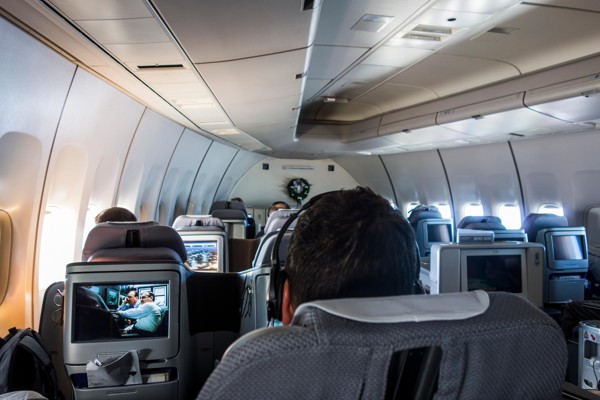
Keeping close to HQ when you’re on the other side of the world
Ambitious management types can be keen to get over to corporate HQ as often as possible, to make sure that they’re not forgotten. But are they right?
Many people in Hong Kong are employed by companies with overseas head offices. It usually makes no difference to their working lives but some ambitious management types are keen to get over to corporate HQ as often as possible, to make sure that they are not forgotten and to ensure that out of sight does not also mean out of mind – but are they right?
Apparently they are, indeed commonsense dictates this should be so but there are caveats and they are not insignificant.
But first let’s look at the evidence and, yet again, we can draw on some academic work to validate this general proposition.
A Harvard Business School study published this year examined the experience of 238 researchers based in India who made trips to their US-based headquarters.
These visits were made in the crucial period of the fourth quarter of the financial year when corporations typically make investment commitments for the coming year.

As a result of their travels, those visiting the US were twice as likely to get their ideas patented and therefore developed than those who did not make the trips.
It is just possible that they also happened to be the people with the better ideas but the statistical gap is wide enough to suggest otherwise.
This makes sense because the problem with getting projects off the ground is very much one of gaining attention. In the days of electronic communication and remote conferencing there is clearly scope for cutting out personal interaction.

But, for example, sending a well-argued email is not quite the same as collaring the person you need to speak to at a coffee break, nor indeed does it provide the opportunity for a convivial after-work drink where those involved are far more likely to be noticed and remembered.
Some ambitious employees go that extra mile to establish personal contact with their bosses to make themselves known.
I vividly remember writing an early profile of Wendi Deng, way before she married Rupert Murdoch. The telling part of her story related to the period when she was little more than a lowly employee at the Murdoch-owned Star TV in Hong Kong.
The basic principle of thrusting yourself into the boss’s attention can definitely pay dividends and it does so not just when discussing specific business matters but by virtue of creating ‘a good impression’
During my research I came across this now much-repeated story about how Deng was in Beijing when she learned that Murdoch would be attending a drinks party back in Hong Kong and so she got her boss to furnish her with an invite.
Unlike other junior employees Deng was not shy in approaching the great man and holding his attention. She was so successful that after the party Murdoch told a group of executives, ‘we need more people like that in the office’. The rest is history.
Maybe the Deng approach is too extreme to emulate; indeed in some organisations this kind of thing is frowned upon but the basic principle of thrusting yourself into the boss’s attention can definitely pay dividends and it does so not just when discussing specific business matters but by virtue of creating ‘a good impression’.
This does not always work, however. I know of one executive based in Hong Kong working for a British company. He eventually lost his job after his bosses started wondering aloud why he was spending so much time in London when surely he should have had work to do back home.
Then there is the problematic matter of big bosses who just love jetting around the world, using the pretext of having to rally the troops or ‘spending quality time’ with key managers.
Unlike other junior employees [Wendi] Deng was not shy in approaching the great man and holding his attention. She was so successful that after the party [Rupert] Murdoch told a group of executives, ‘we need more people like that in the office’. The rest is history
This pretext is somewhat dented if the wretched managers keep turning up in the home office; it causes unspoken annoyance but the kind of annoyance that festers.
Thirdly, managers who use company money to travel back to the home base, especially when they themselves initiate the trip, can stand accused of money wasting. In many companies this is a serious offence. Instead of calling attention to the many qualities these people believe they possess, it calls attention to their profligacy.
The problem of gaining attention from the big bosses is most acute for local hires who may never have even been in the head office. They are dependent on their local superiors to thrust them into some sort of limelight, often this does not happen, some managers even claim credit for their achievements, a claim made easier if they can be kept well away from the head office.
This all seems to be wretchedly unfair but if you are a Wendi Deng, you can turn things around, in another career move she simply paid her own airfare to visit the Murdoch HQ in New York, an air ticket that turned out to be well worth the price but not everybody can or wants to do a Wendi.
Stephen Vines runs companies in the food sector and moonlights as a journalist and a broadcaster

